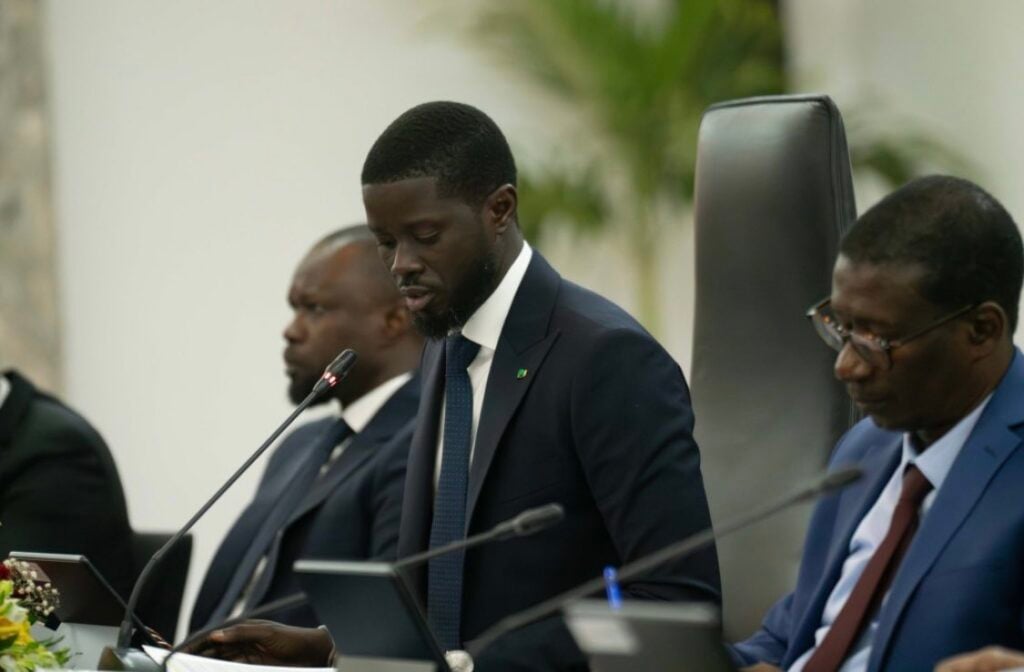
The Senegalese government has rejected Moody’s Investors Service’s recent downgrade of its sovereign credit rating, describing the agency’s conclusions as “speculative” and “unfounded.”
Officials insist that ongoing fiscal and structural reforms are reinforcing the country’s macroeconomic stability and resilience.
In a statement released on Saturday, the Ministry of Finance and Budget said it “strongly disagrees” with Moody’s decision to lower Senegal’s credit rating from B3 to Caa1, while maintaining a stable outlook.
According to the ministry, the downgrade does not reflect the country’s actual economic performance or the progress achieved through its ongoing reform agenda.
Authorities highlighted that several key measures under the Economic and Social Recovery Plan (PRES) are already operational, aimed at consolidating fiscal discipline and ensuring debt sustainability.
The ministry also pointed to the revision of the General Tax Code and the adoption of a new Investment Code as major policy advances designed to improve the business climate and attract foreign investment.
“The assumptions underlying Moody’s assessment are speculative and biased,” the statement read, urging investors and analysts to rely on “official and up-to-date data” when evaluating Senegal’s economic trajectory.
Officials further stressed that the government has made measurable progress in managing public finances. As of June 2025, the budget deficit stood at 518 billion CFA francs, with a 50% revenue execution rate, results the ministry said were consistent with fiscal targets.
Despite the downgrade, the ministry reaffirmed that Senegal continues to demonstrate strong economic fundamentals, citing successful fundraising in regional markets, expanded international partnerships, and prudent fiscal management. The government projects that the fiscal deficit will decline from 7.8% of GDP in 2025 to 5% by 2026, signaling what it described as “a credible and disciplined budgetary trajectory.”
In closing, the ministry called on Moody’s to adopt “greater objectivity” in its evaluations and to avoid premature judgments that could create unnecessary uncertainty in financial markets.
The government reaffirmed its commitment to “responsible, transparent, and rigorous” economic governance and reiterated its confidence in Senegal’s long-term growth outlook, inviting international partners to base their assessments on verifiable data and balanced analysis.



